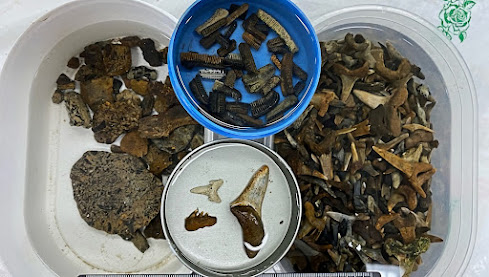Thor, the legendary Norse god from the mythological city of Asgard, is not alone. According to groundbreaking research published in the journal Nature, we humans — along with eagles, starfish, daisies and every complex organism on Earth — are, in a sense, Asgardians.
Analyzing the genomes of hundreds of different microbes called archaea, researchers at The University of Texas at Austin and other institutions have discovered that eukaryotes — complex life forms with nuclei in their cells, including all the world’s plants, animals, insects and fungi — trace their roots to a common Asgard archaean ancestor. That means eukaryotes are, in the parlance of evolutionary biologists, a “well-nested clade” within Asgard archaea, similar to how birds are one of several groups within a larger group called dinosaurs, sharing a common ancestor. The team has found that all eukaryotes share a common ancestor among the Asgards.
No fossils of eukaryotes have been found from farther back than about 2 billion years ago, suggesting that before that, only various types of microbes existed.
“So, what events led microbes to evolve into eukaryotes?” said Brett Baker, UT Austin associate professor of integrative biology and marine science. “That’s a big question. Having this common ancestor is a big step in understanding that.”

.jpg)





.jpg)

.jpg)







.jpg)